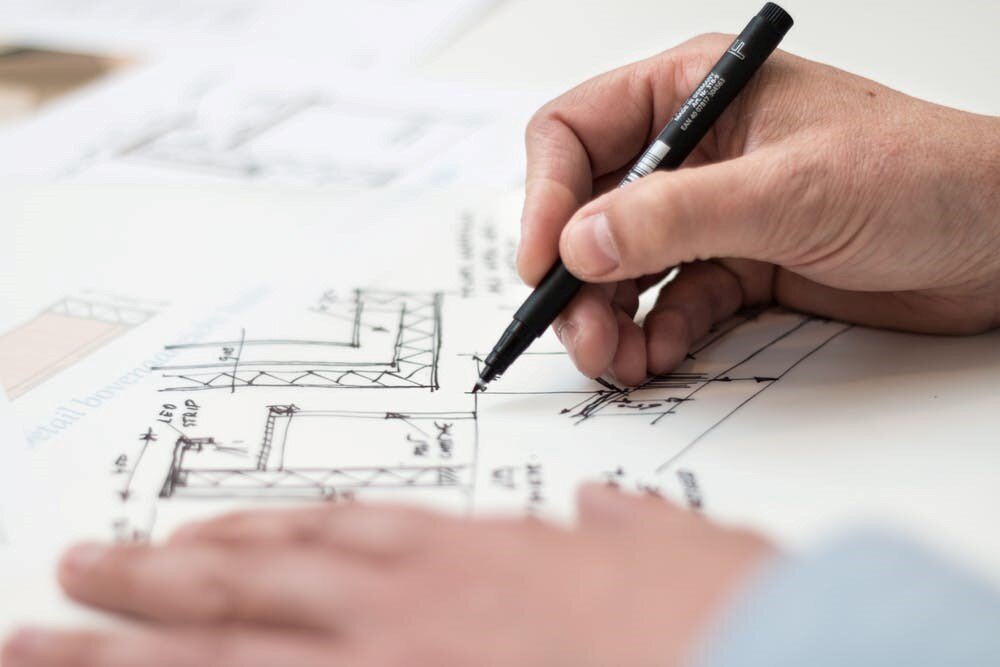Are you considering a home renovation but are not too sure where to start? The good news is that the hardest part of the entire process is building a timeline and budget that works for you. Then comes the fun part! The work is taken off your hands by a trusted team and then, you simply wait for the final outcome. However, we know that planning a timeline and budget can be complicated, especially if this is your first renovation. To help you out, we’ve put together a guide for you to follow.
6 to 12 months before project start date: create a detailed plan of what you want done
It might seem like six months to a year is an incredibly long time, but for most renovations it is completely reasonable. One helpful idea is to have sketches made by a professional so when it comes time to meet with the team doing the work, they will have a very clear understanding of the outcome you expect.
If you plan to knock down walls, change the layout of the home, or do any sort of electrical or plumbing work, most cities generally require a building permit for the project. Building permits can take up to a couple weeks to get approved, which could delay your project if you wait until the last minute. Starting 6 to 12 months out will give your contractor plenty of time to apply for any necessary building permits.
6 months before project start date: set a budget
Setting a budget is so important for home renovation projects because if you don’t have one, it becomes easy to spend way more than you anticipated.
Your budget should include:
· Costs for permits
· Costs for building materials
· Labor costs
· Costs for cosmetic additions
· 10% of your budget for unexpected costs
The budget you create should be reasonable and could end up being a bit more or less once you find a contractor. Keep in mind that you want to work with a contractor that does their best to work within your budget. However, if a contractor lets you know ahead of time that building materials or labor will end up costing more than you anticipated, you may have to reconsider your budget.
3 months before project start date: hire a contractor
Hiring a contractor that you enjoy working with and can trust is the most important part of the timeline. This point person will take on all of the work for your renovation, so once all your pre-planning is done, the project is completely in their hands. Do not settle for a contractor if you are not positive that they will do an exceptional job, and do not hire a contractor based solely off cost.
Here are some things to consider when looking for a contractor.
· Experience: A contractor who has been in business for at least a few years and has some experience under their belt will be a safer bet than someone who is new to the business.
· Contracting license: Your contractor MUST have the required certifications to complete their line of work.
· Insurance: Your contractor should also have workers compensation and liability insurance for the work they complete. If not, if something were to happen on your property, it could potentially turn into a nightmare for you and end up costing you lots of money.
· References: If you love everything the contractor has shown on paper and you like all of the work they have done, follow up with some references. A good contractor will provide you with a list of references, and you should always call around to get a good understanding of what it’s like to work with that person.
· Payment Schedule: A good contractor won’t ask you to pay all costs up front. Most are flexible, but the payment schedules vary. Talk to the contractor about how payments will be made and how you can split it up.
2 to 3 months before project start date: build a timeline
Once you have a contractor and a budget, it’s time to build a timeline. This timeline will include the official start date of your project and a completion date. Meet with your contractor to determine how long each part of the project will take. Your timeline should also include things like time to clean out the area, estimated shipping and delivery of building materials and any holidays or days where the team won’t be working. The completion date should be an estimate that is realistic and factors in possible unexpected issues and delays.
1 month before start date: prepare your home for the project
How you will prepare your home for the project depends on the type of work you are doing. For instance, if the renovation will not affect your daily lifestyle, you won’t have to prepare much. If the renovation is being made to a room that you and your family use on a day-to-day basis, you will want to pack up all your belongings. For instance, if you are doing a kitchen remodel, you will have to pack up everything in your cabinets including dishes and minor appliances. If you are completing a renovation that includes work in the bedrooms, you may want to consider moving out for a short period of time.
Additional tips for a successful home remodel
Plan for problems: Even the best contractors with the most detailed plans encounter some issues during a renovation. Don’t get discouraged when a problem arises during the building process. By working with a contractor you trust, you can rest assured knowing they are proactive when it comes to any issues that arise, so you won’t become stressed during the remodel.
Ask the contractor questions: Don’t be afraid to ask your contractor questions. Your contractor will appreciate you asking now rather than finding out that something didn’t turn out the way you expected in the end.
At Legacy Renovations, we treat your home remodel as if it were our own. Our team works with you to get a thorough understanding of your expectations prior to building. Want to learn more about our process and how to get started on your home renovation? Contact Legacy Renovations!



